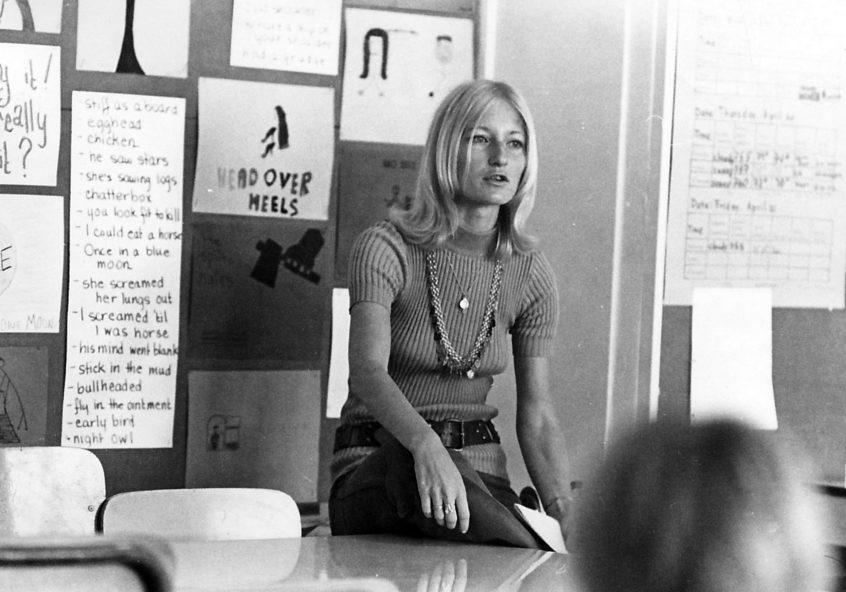Parents today are being put in a position of having to choose between keeping their children home while trying to work at the same time – exhausting – OR sending them to schools where there are potential health dangers. But at least then, they (the parents) would be able to get some work done – guilt-inducing. I hear that about 25% of educators have underlying health conditions; some are writing living wills. Fearful staff will subtly – if not obviously – affect the mental health of the children as will parental exhaustion and guilt. When an issue becomes binary, we are not thinking systemically. Rather than either-or, we need to seek a both-and.
It is challenging to figure how to educate our youth during a pandemic. Learning online can be done alone but it doesn’t have to be. What I saw locally during the spring was that teachers didn’t know how to leverage online learning. It wasn’t their fault as they hadn’t needed to know how to leverage technology as their primary teaching tool. But, for sure, it’s more than a weekly phone call to check in with each student or a 15 minute online group meeting to read a story to the kids.
Educators need support in learning how to provide robust and rich group interactions online. Perhaps, with the summer, they are better prepared for the fall. But in addition, to truly leverage online learning, every child’s home needs to be provided with the internet and every child needs a computer or similar tool. In fact, I expect that providing internet and tools would end up being less expensive (and safer) than the amount of maintenance required to keep schools safe. Some are saying we need to get kids back in school because social interaction is so important. However, per CDC guidelines, children will be required to stay in their desks all day – even at lunch time. No small group work and no group play. In my experience, that is no way to socially educate!
Online learning need not be remote learning. Some synonyms for ‘remote’ are distant, far-flung, inaccessible, isolated, lonely, obscure, outlying, secluded, and alien. So, for starters, I propose we find other ways to describe learning that happens when people are not in the same physical space together. Whether subtly and obviously, the language we use matters and influences us both consciously and unconsciously.
What if teams of educators provided a three-hour block of true education including instruction, small-group work, play, and so on, every day of the week (with a potty break in the middle for sure)? That would give the children some structure. The teachers and kids would build and maintain stronger connections with each other. And the parents would have an uninterrupted three-hour block of time during the day to work. Parents will work more than three hours of course, but ‘uninterrupted’ is the key word here. Businesses have quickly learned how to leverage technology for meetings and group work. I’m betting most parents who work from home could teach the teachers. And, when the process becomes ‘well-oiled’ perhaps the online ‘school day’ increases to four or more hours.
We need to revolutionize our education system anyway. As Sugata Mitra points out in his wonderful TED talk, Build a School in the Cloud, our current education system is obsolete. It was developed when The British Empire used its subjects as its computer. They needed people they could plug and play anywhere in the world. As a result, those people needed to be able to read, write, and calculate in a uniform, standardized way.
And there we still are today. Let’s move on. Let’s augment what we currently have with true innovation. With this pandemic, we are being presented with a reason to do so! We can move on from standardized education to creative education. I’m sure of it. My B.S. is in education and I was a classroom teacher for many years (as in the photo above). More recently, over the last decade, I have learned a lot about how to leverage technology in ways that move us beyond 2-D head-centered transactions and into building authentic, heart-connected 3-D relationships.
Would you and/or others you know like to dialogue with me about this? I’m available and very interested. Let’s explore together how we can leverage this time in support of our children’s education. Just hit ‘reply’ or send me an email at barbara@barbarashipka.com.
.
Photo: Me as a classroom teacher, Beirut, Lebanon

